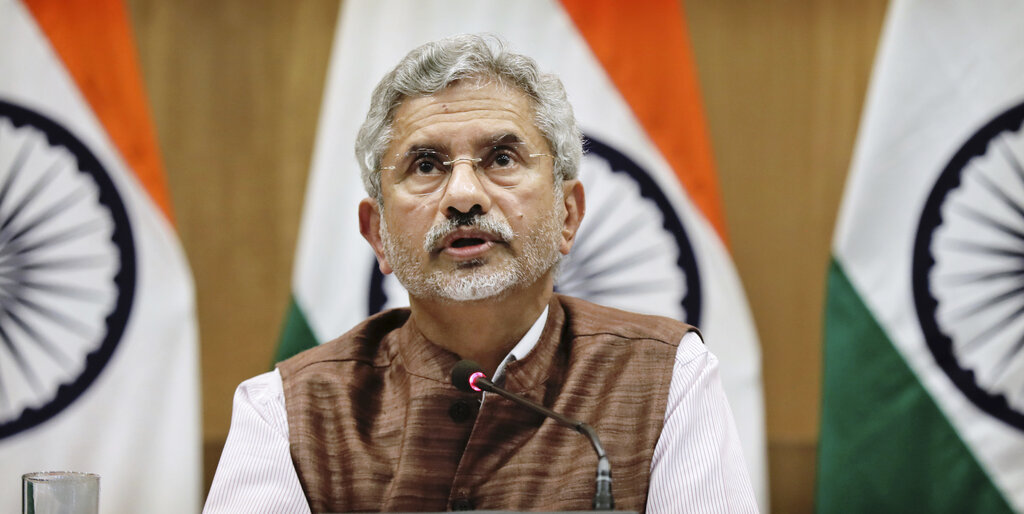Foreign minister S. Jaishankar on Monday likened the US-Taliban deal inked over the weekend to the release of the film Pakeezah in 1972 after a 16-year wait, saying the real negotiations would begin now in the form of the intra-Afghan dialogue.
Jaishankar, who was responding to a question on the deal from the audience at the CPR Dialogues 2020, said it did not come as a surprise.
“Everybody knew that something like this was happening. This was being talked about for so long…. It was almost like seeing Pakeezah after 17 trailers of the movie.”
He said India was keen to see a consolidation of the changes introduced in Afghanistan over the past 18 years since the time Nato moved into the war-ravaged country, adding that only time would tell how the US drawdown would play out.
By evening, news from Kabul was that the Taliban had ended its partial truce and was set to resume operations against Afghan troops following differences over prisoner release after President Ashraf Ghani said he would not free 5,000 Taliban prisoners ahead of the all-Afghan power-sharing talks scheduled for next week. “To my mind the real negotiations will start now,” Jaishankar said.
A big concern pertains to whether the Taliban will join the democratic set-up or would the set-up — however flawed it may be — adjust to the Taliban.
“Those are the issues for which right now there are no clear answers,” Jaishankar said, adding that various countries including Afghanistan’s neighbours would have a role in this.
For India, the major concern will be the influence China and Pakistan would have on the process. India’s consistent stand has been that it would support an Afghan-led, Afghan-owned and Afghan-controlled process, which is why New Delhi decided to accept the invitation to witness the signing of the deal in Doha on Saturday.
Before that, on Friday, foreign secretary Harsh Vardhan Shringla had made his first overseas visit to Kabul after taking charge for an assessment of what lay ahead from the elected Afghan leadership.
In its first reaction to the deal, India had on Saturday said: “We note that the entire political spectrum in Afghanistan, including the Government, the democratic polity and civil society, has welcomed the opportunity and hope for peace and stability generated by these agreements.”











